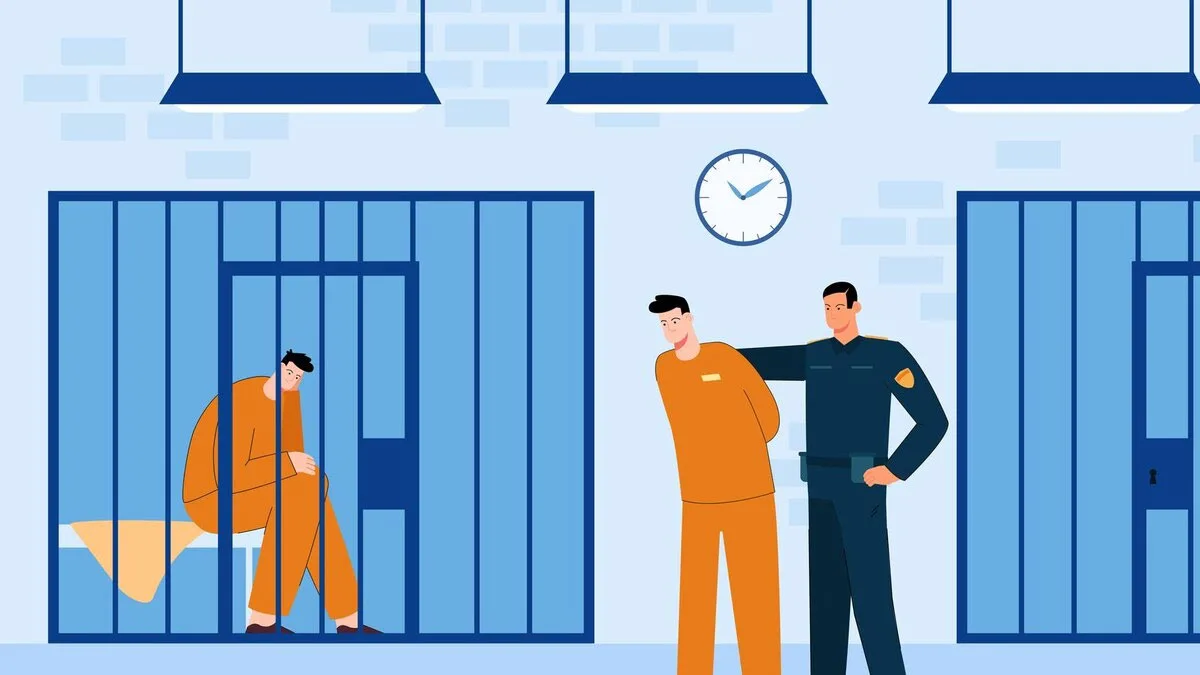In the United States, the legal system provides mechanisms to address allegations of excessive force by prison guards against inmates. Understanding the rights of prisoners and the legal framework that governs the conduct of correctional officers is crucial for addressing and remedying such serious accusations. This article explores the pertinent laws, rights of inmates, and the steps that can be taken if someone is subjected to excessive force by prison personnel.
Legal Framework Governing Use of Force in Prisons
The use of force by prison guards is regulated under both federal and state laws, aiming to balance the need for security within correctional facilities with the protection of inmates’ rights. The Eighth Amendment of the U.S. Constitution prohibits cruel and unusual punishment, which courts have interpreted to include the use of excessive force against prisoners.
Eighth Amendment to the United States Constitution: “Excessive bail shall not be required, nor excessive fines imposed, nor cruel and unusual punishments inflicted.”
This constitutional protection is the cornerstone for assessing the legality of force used by correctional officers. The Supreme Court has established that the use of force constitutes cruel and unusual punishment if it is not applied in a good faith effort to maintain or restore discipline but is applied maliciously and sadistically for the very purpose of causing harm.
Reporting and Investigating Allegations of Excessive Force
When an inmate alleges that they have been beaten or subjected to excessive force by prison guards, several avenues are available for reporting and investigating these claims:
- Internal Complaints: Most correctional facilities have internal mechanisms for inmates to report misconduct by prison staff. This is typically the first step in seeking redress.
- Civil Rights Complaints: Inmates can file a civil rights complaint under Section 1983 of the Civil Rights Act, claiming deprivation of rights under color of state law.
Section 1983, Civil Rights Act: “Every person who, under color of any statute, ordinance, regulation, custom, or usage, of any State or Territory or the District of Columbia, subjects, or causes to be subjected, any citizen of the United States or other person within the jurisdiction thereof to the deprivation of any rights, privileges, or immunities secured by the Constitution and laws, shall be liable to the party injured in an action at law, suit in equity, or other proper proceeding for redress.”
- Federal Investigation: The U.S. Department of Justice can investigate allegations of systemic abuse and violation of prisoners’ rights in federal and state facilities.
Legal Recourse for Victims
Victims of excessive force by prison guards have the right to seek legal recourse, which can include:
- Compensatory Damages: For medical expenses, pain, and suffering resulting from the use of excessive force.
- Punitive Damages: In cases of malicious or sadistically applied force, punitive damages may be awarded as a punishment to the offenders and a deterrent against future misconduct.
Conclusion
Allegations of being beaten by prison guards are taken seriously under U.S. law, with constitutional protections in place to safeguard the rights of inmates. Those subjected to excessive force have avenues for reporting these incidents and seeking justice through legal channels. It’s imperative that such allegations are investigated thoroughly to uphold the principles of justice and human dignity within the correctional system.
References
- Eighth Amendment to the United States Constitution: https://constitution.congress.gov/constitution/amendment-8/
- Section 1983, Civil Rights Act: https://www.law.cornell.edu/uscode/text/42/1983
- U.S. Department of Justice, Civil Rights Division: https://www.justice.gov/crt









Leave a Reply